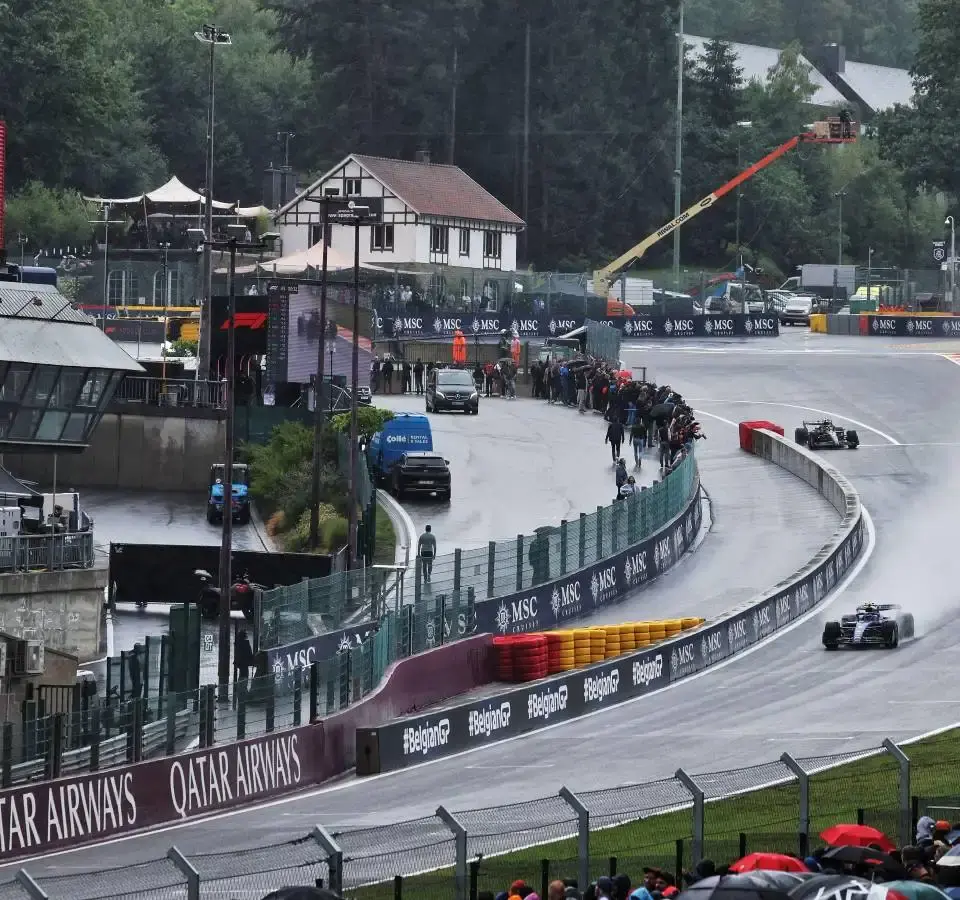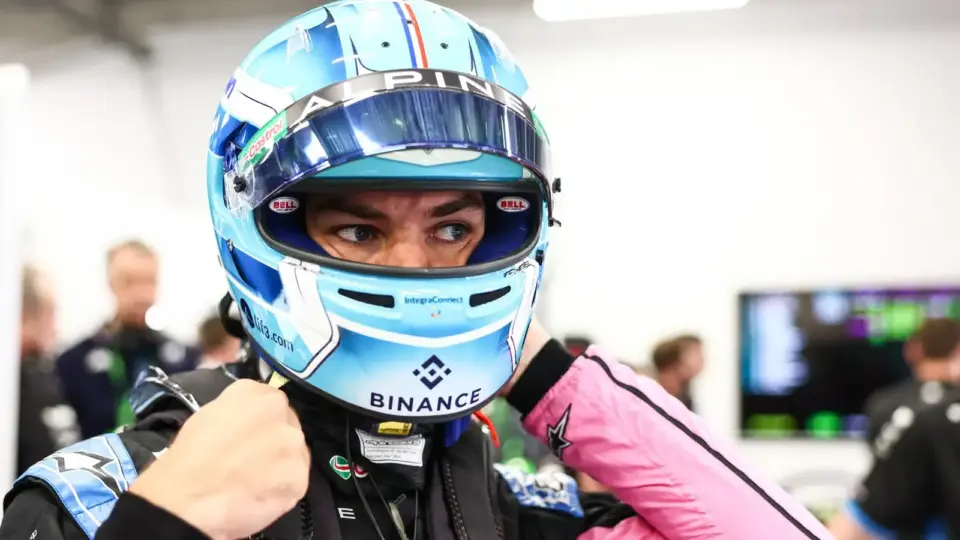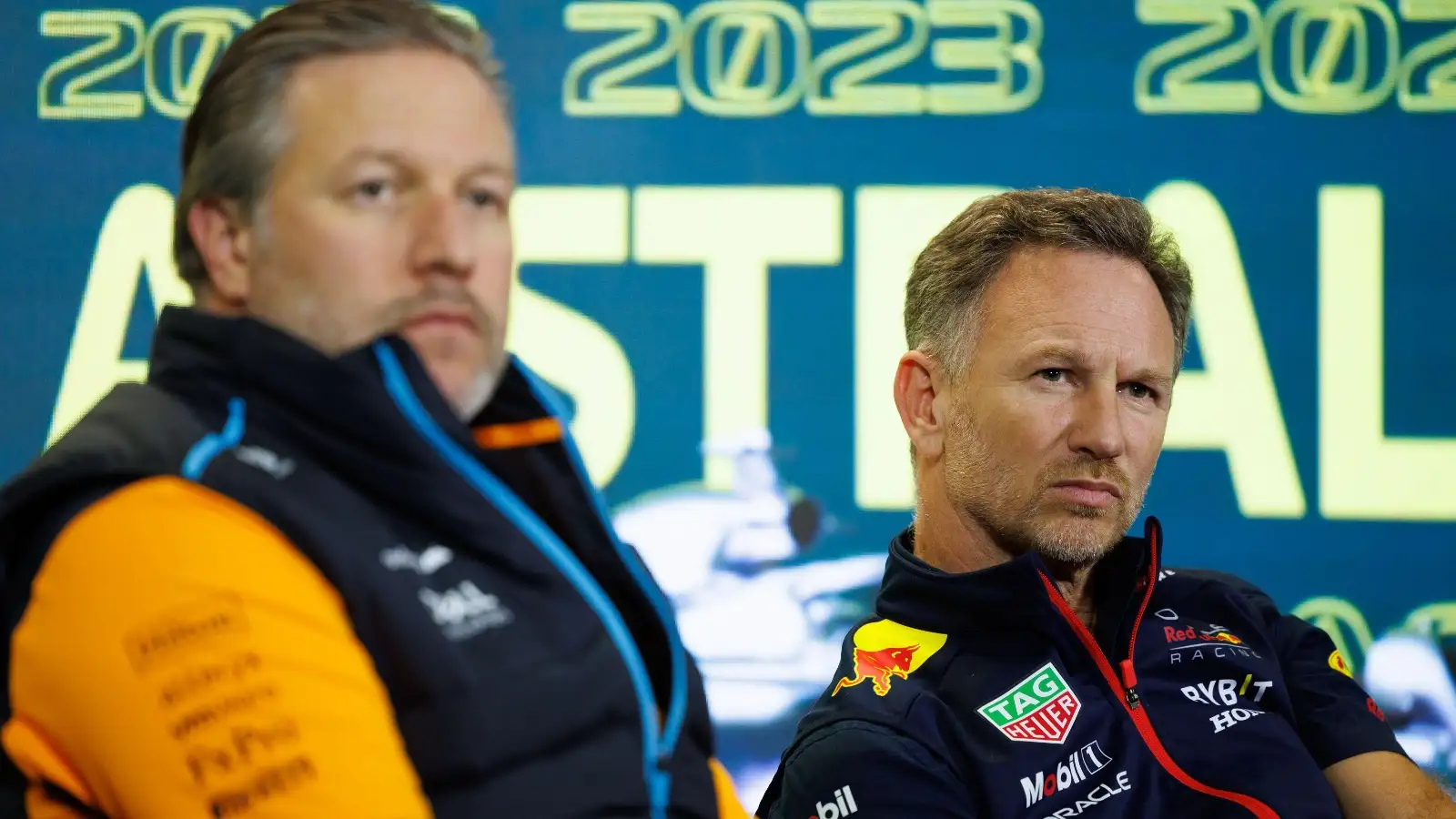The future of the Belgian Grand Prix at Spa-Francorchamps hangs in the balance as negotiations for its place on the F1 calendar are underway.
- Spa faces uncertainty with F1’s packed schedule, especially with Madrid set to join in 2026.
- General Manager Vanessa Maes is pushing for a long-term contract that secures Spa’s annual spot without rotation.
- The race’s popularity is evident with nearly all tickets sold for this year’s event, emphasizing its appeal.
- Shifts in audience demographics show a growing diversity in spectators, adding to Spa’s unique charm.
The iconic Spa-Francorchamps circuit, home to the Belgian Grand Prix, is embroiled in negotiations to keep its spot on the Formula 1 calendar. With the current contract set to expire at the end of 2025, the challenge lies in securing a permanent place amidst a schedule that’s nearly at capacity. Spa’s management is eager to avoid being rotated with other races, especially as new locations like Madrid prepare to enter the lineup in 2026.
The Concorde Agreement currently allows up to 25 races per season, but many within the sport view 24 as the practical limit for the calendar. The logistical and operational stretch that an expanded schedule entails is a concern for teams and organizers alike. Vanessa Maes, the general manager of the Belgian Grand Prix, has reiterated Spa’s resolve to secure a multi-year deal without any alternation post-2026. She underscored the importance of a consistent spot on the calendar during an announcement, as detailed by AutoHebdo.
One of Spa’s potential advantages is the political support behind the race. The recent renewal of the local political majority provides a stable foundation for advocating the race’s cause, though Maes stresses the importance of reasonable financial demands from Liberty Media, the commercial rights holder.
There’s a financial burden shared with the Walloon region, which regularly contributes funds to cover the expenses of hosting the event. Maes hopes to avoid any further financial strain in the future, aiming for a sustainable model. “Every year, the Walloon region has to put its hand in its pocket to make up for the backlog of Grand Prix. This should not take on too large proportions,” she stated.
Beyond financial and calendar concerns, the Belgian Grand Prix also faces a test of its popularity. This year, the race is anticipated to be a sell-out, with only 1500 tickets left at the start of July. The event will serve as the final race before the summer break and has been chosen as one of the Sprint rounds for 2025.
Spa is also seeing a shift in its audience demographics, traditionally dominated by Dutch fans. Vanessa Maes noted a resurgence of English and German attendees, with a noticeable increase in French spectators, alongside growing local interest from Belgian fans, particularly from the northern regions.
Spa-Francorchamps is determined to solidify its place on the F1 calendar amidst evolving challenges and opportunities.










